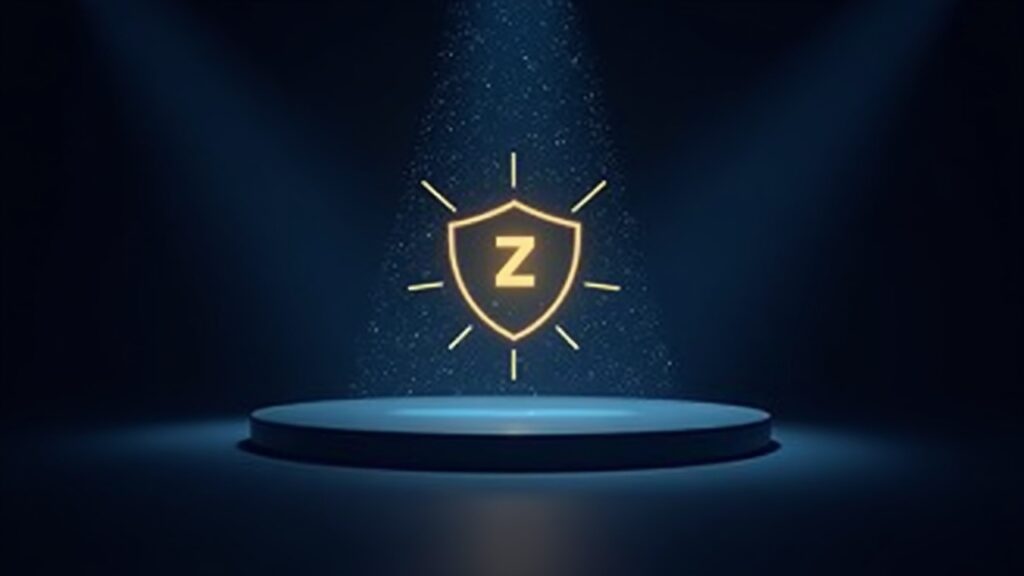Shapeshift began routing trades through Zcash shielded addresses, extending privacy to a multichain DEX aggregator where open order books normally expose balances, positions and strategies. The change lets any user or DeFi protocol keep transaction flows hidden while maintaining on-chain settlement. It positions private transfers from the edge to the center of decentralized exchange activity.
The upgrade enables sending and receiving ZEC to and from shielded addresses within Shapeshift. The blockchain still records that a transaction occurred, but zk-SNARK proofs hide the sender, receiver and amount. That zk-SNARKs are cryptographic proofs that verify a transfer’s validity without publishing its details.
Demand for shielded privacy was already rising before the integration. Reports a 15.5% month-over-month increase in September 2025 to 3.06 million ZEC, and that roughly 20% of the circulating supply sat in shielded addresses in July 2025. By welding the swap option into the same interface, Shapeshift pushes ZEC beyond plain exchange use and into DeFi routing, a shift that may alter liquidity patterns and increase the number of private pairs offered by the aggregator.
Zcash extendprivacy to a multichain DEX aggregator
Zcash keeps privacy optional—users can remain transparent or switch to shielded. This allows selective auditing and eases compliance, yet anonymity can dilute if most users choose transparency. This choice is more practical than “privacy-by-default” models.
By wiring shielded trades into its core flow, Shapeshift centralizes private transfers in DEX operations. The next task is to grow usage without losing traceability options before the EU anonymity rules take effect in July 2027.


